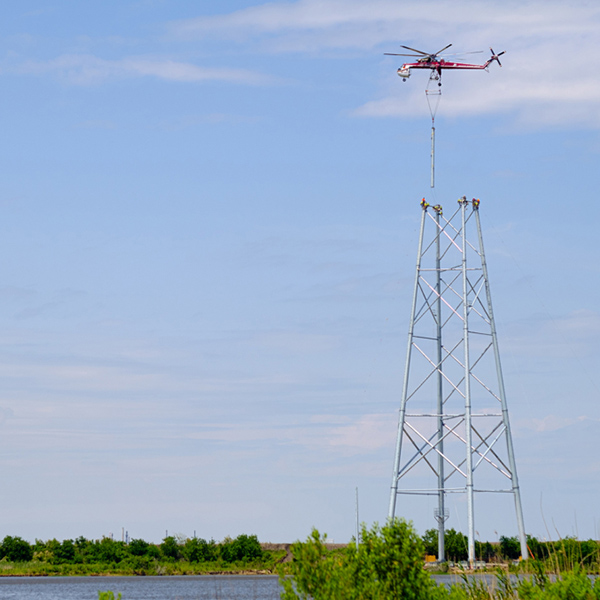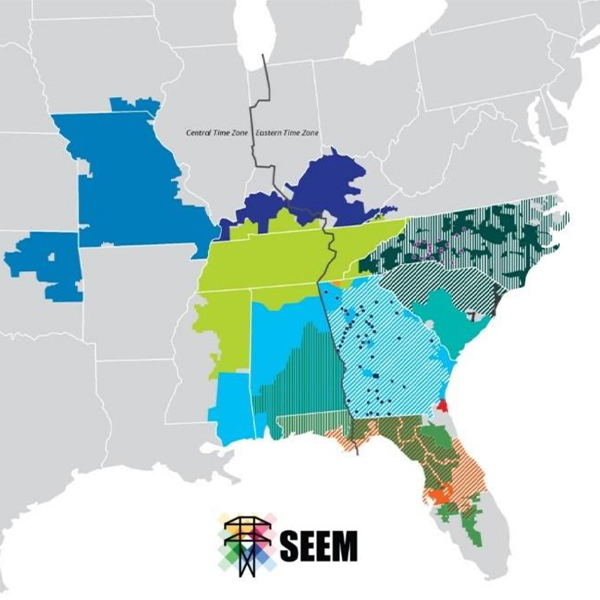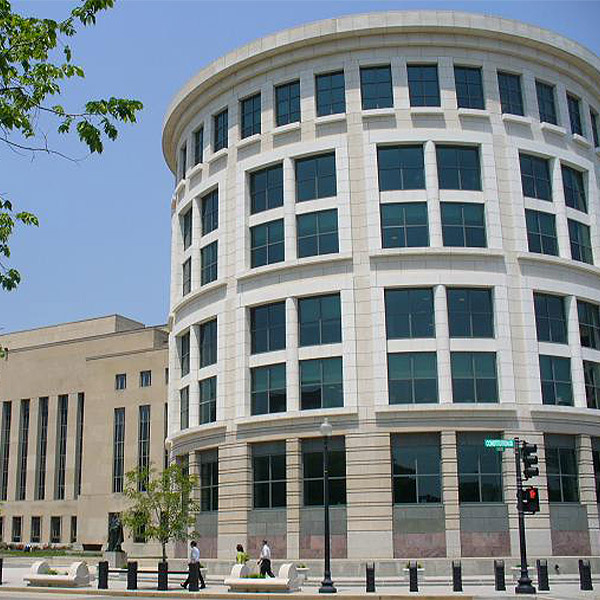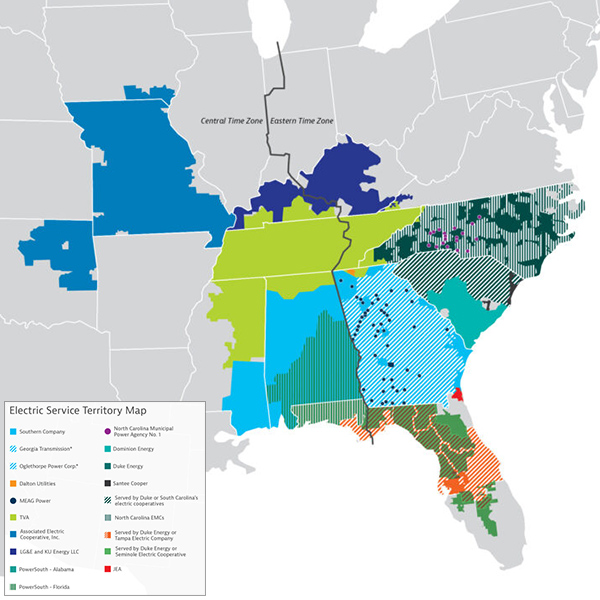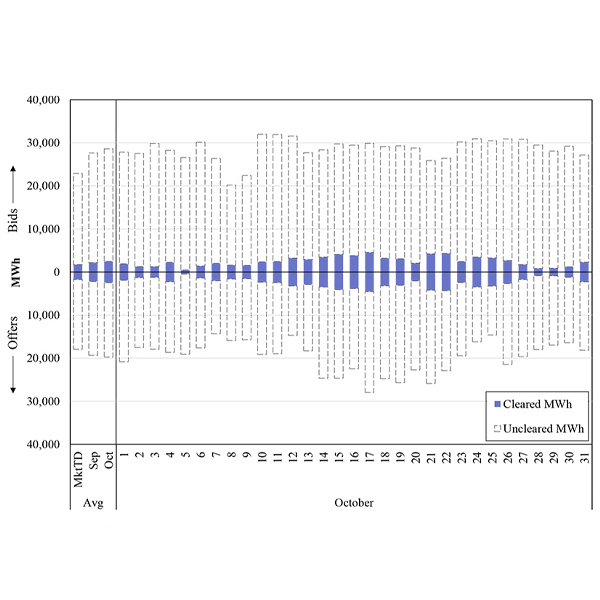Southeast Energy Exchange Market (SEEM)
The Southern Renewable Energy Association appeared before Entergy’s state regulators to urge them to think twice before considering leaving MISO for the Southeast Energy Exchange Market.
FERC responded to critics of the Southeast Energy Exchange Market, clarifying its use of the comparability standard to justify the market.
Opponents of the Southeast Energy Exchange Market said FERC's language calling for revisions to the market agreement was unclear and suggested changes to remove potential confusion.
Members of the Southeast Energy Exchange Market filed changes to the market agreement in response to a FERC directive.
FERC sided with supporters of the Southeast Energy Exchange Market after hearing arguments from opponents, saying the market does not qualify as a loose power pool.
SEEM's opponents argued that FERC should recognize the market as a loose power pool and regulate it accordingly.
Members of the Southeast Energy Exchange Market argued to FERC that the market is beneficial to customers and should be allowed to continue.
FERC requested stakeholder arguments on whether SEEM should be considered a loose power pool under Order 888.
Opponents of the Southeast Energy Exchange Market want the federal courts to examine FERC's approval of the market.
Critics of the Southeast Energy Exchange Market say after a year of operations, it has failed to meet many of the promises of its sponsors.
Want more? Advanced Search
